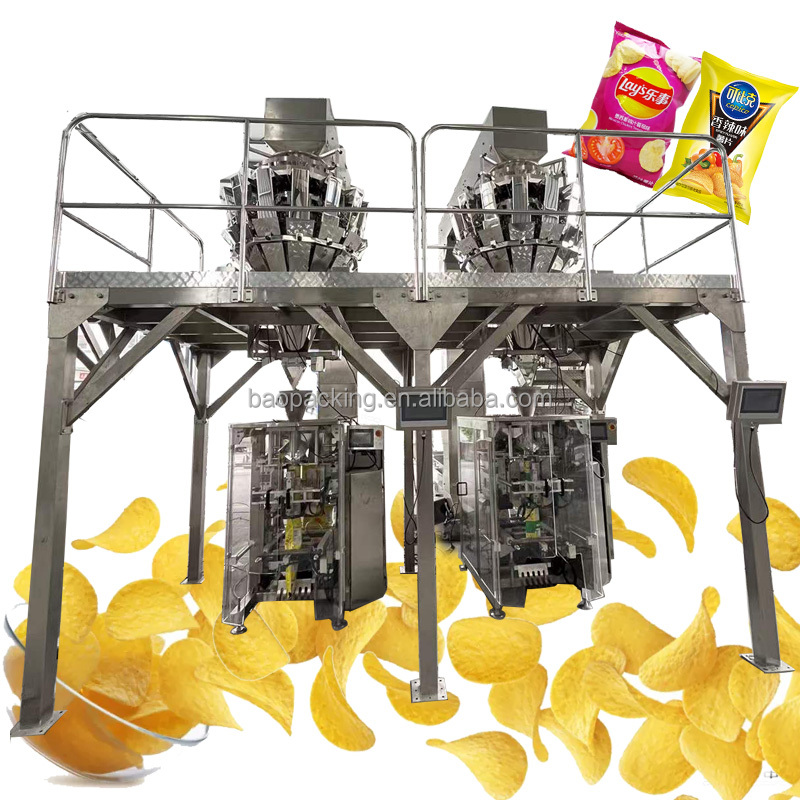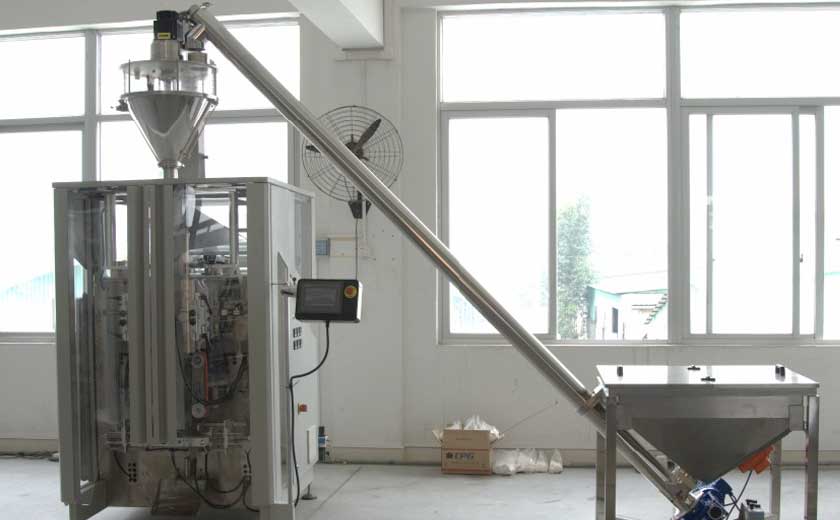How to Operate and Maintain Your Semi-Automatic Weigh Filler
How to Operate and Maintain Your Semi-Automatic Weigh Filler: A Guide to Precision and Efficiency
In the fast-paced world of packaging and manufacturing, precision and efficiency are paramount. Semi-automatic weigh fillers play a crucial role in these industries, ensuring accurate and consistent filling of products into containers. Operating and maintaining these machines effectively is essential for maximizing productivity and minimizing downtime.
Understanding the Mechanics: A Symphony of Precision
Semi-automatic weigh fillers utilize advanced weighing technology to deliver precise dosing. A load cell detects the weight of the product as it flows into the container, allowing for real-time adjustments to ensure target weight is met. This intricate dance of sensors, actuators, and control systems requires meticulous care for optimal performance.
Operational Procedures: A Step-by-Step Symphony
1. Calibration: Establish a precise base weight by calibrating the weigh filler with a known weight.
2. Container Placement: Place the empty container on the filling platform.
3. Weighing: Initiate the weighing process, ensuring the product flows smoothly into the container.
4. Fine-tuning: Monitor the display and adjust the filler settings as needed to reach the desired weight.
5. Discharge: Once the target weight is met, the product is released into the container.
Maintenance Essentials: Nurturing Your Weighing Companion
Regular maintenance is vital for the longevity and reliability of semi-automatic weigh fillers. Here are key steps to consider:
Cleaning: Remove product residue and debris from all surfaces to prevent contamination.
Lubrication: Apply food-grade lubricant to moving parts to reduce friction and extend component life.
Sensor Calibration: Regularly check and re-calibrate sensors to ensure accurate weight readings.
Electrical Inspections: Verify wiring integrity, connections, and electrical components to prevent malfunctions.
Troubleshooting: Resolving Operational Hiccups
Occasional hiccups in semi-automatic weigh fillers are inevitable. Troubleshooting common issues can minimize downtime and keep operations running smoothly:
Inaccurate Weighing: Ensure the sensors are clean and calibrated. Check for leaks in the product supply system.
Erratic Product Flow: Verify the product is free-flowing. Adjust the hopper angle or agitation to improve flow.
Electrical Faults: Reset circuit breakers if tripped. Inspect wiring and connections for damage.
: Precision, Efficiency, and Longevity
By adhering to these operational and maintenance guidelines, you can harness the full potential of your semi-automatic weigh filler. Precision filling, increased efficiency, and extended equipment life will become the hallmarks of your packaging and manufacturing processes, propelling your business towards success.
-

Overview of Packaging Machine Buying Guides
08-01-2024 -

How Does a Vertical Form Fill Seal Machine Work?
30-10-2023 -

Advancements in Auger Powder Filling Technology
27-10-2023 -

A Deep Dive into Automatic Packaging Machines
26-10-2023 -

The Revolutionary Fully Automatic Potato Chips Packaging Machine
20-09-2023 -

How to choose the right packaging machine?
23-08-2023 -

Reducing Waste And Maximizing Yield With Multihead Weigher Machines
15-03-2023 -

Nuts Packaging Machine for Dry Products Perservation
26-11-2022 -

Is Automated Biscuit Packaging Machine Better Than Manual Opeartion?
25-11-2022





